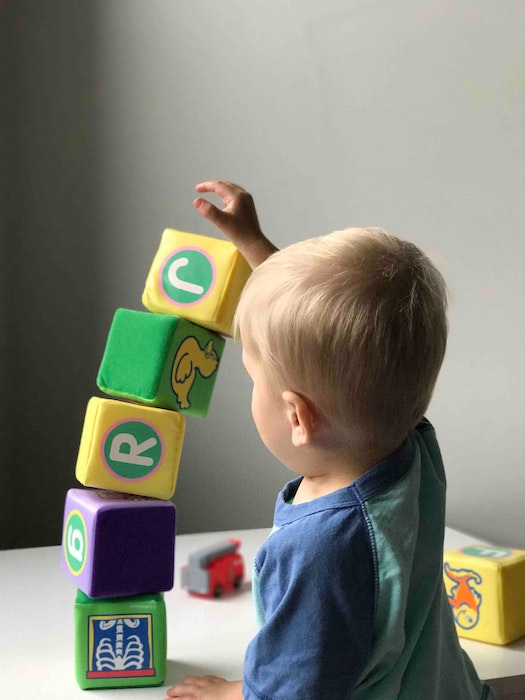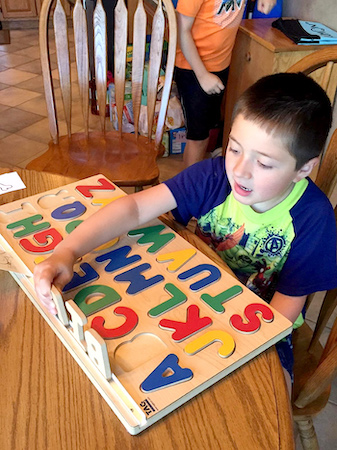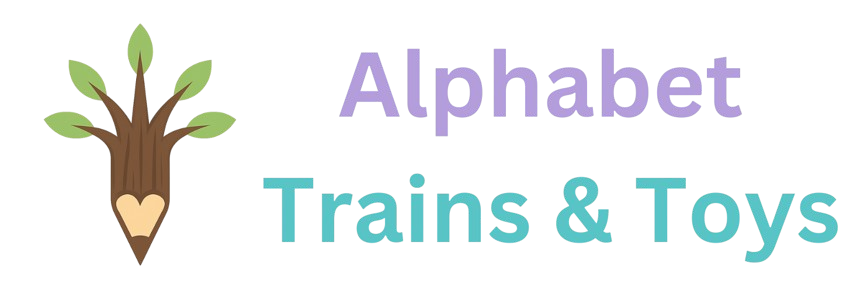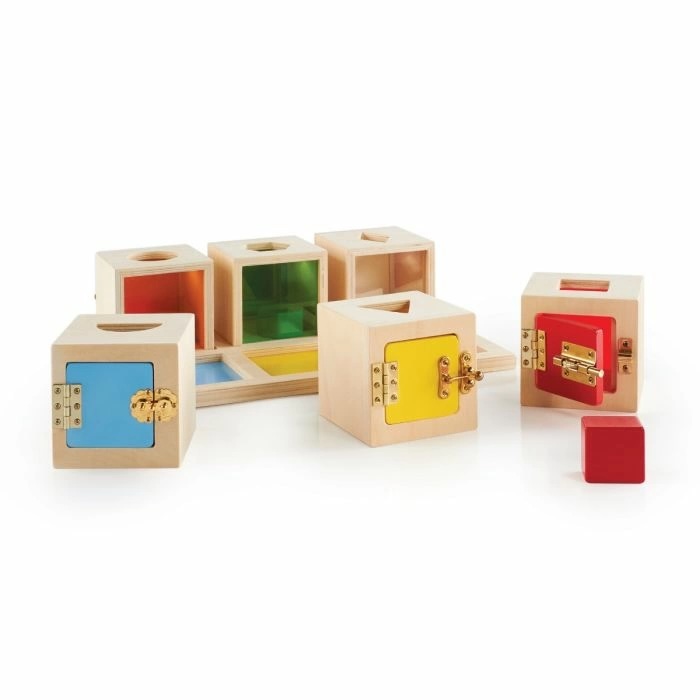How to help children suffering from speech delay?
Among the many discoveries that the twenty-first century has brought along, the discovery of developmental delays, especially those related to cognitive development, has been of great significance.
When babies do not develop physical and cognitive capabilities according to their age, they may face developmental delays. We can therefore detect developmental delays early on during infancy when the child cannot meet his or her age-appropriate physical milestones.
💡 Tip: Narrate your day! Label items like “cup,” “door,” or “spoon” as you use them. Naming objects helps toddlers connect words to meaning.
Sometimes, not being able to meet a physical milestone may also show a delay in the cognitive development of a child. For example, a child being unable to make eye contact by the age of six-nine months could be a sign that the child’s brain has not developed enough for it to control the muscles in the child’s eyes.
While there are many areas of developmental delay in children, in this article, we will focus on speech or language delay. Language delay is present when a child lags in developing and learning vocabulary as per his or her expected age. And hence, the child is facing difficulty in expressing their feelings and in making conversation.
🤚 Use gestures and simple signs to support communication! Encourage your toddler to point, wave, or sign “more” and “all done” — it reduces frustration and builds language foundations.
Speech-language delays are very common. Worldwide, almost 10% of toddlers face them. Behavioral issues, such as attention deficit and hyperactivity (ADHD), often accompany speech delays.
What causes speech delays?
In order to understand what steps to take, we have to explore the root causes. However, it is often hard to identify or pinpoint a specific cause of speech delays. We can attribute speech delays to any of the following reasons:
- Your child is tongue-tied, a physical condition where the tongue is attached to the bottom of their mouth.
- Hearing disorder due to which your child cannot pick and learn words.
- No one to talk to. It is also often the case that parents or caretakers are not actively taking part in the conversation. They do not motivate the child to pick on language and communicate verbally.
- Speech delay itself can be a symptom of another underlying developmental issue or health problem, such as autism spectrum disorder.
- Neurological disorders can also be a cause of speech delays. For example, a person suffering from muscular dystrophy or cerebral palsy may face issues of speech. Both of these affect the speech muscles.
- Cognitive weakness of the brain can cause your child to comprehend expressive language and verbal communication, hence resulting in a speech inability.
🗣️ Try this: Play copycat games where your toddler mimics your sounds or actions. Start with fun animal noises or silly faces!

How to detect speech and language delay?
Speech and Language Milestones
Although each child has his or her own pace of developing language and speech skills, we can use the standard developmental milestones as basic guidelines to keep a check on your child’s speech and language development. If your child is:
- Unable to say words like mama or dada by 1.5 years of age
- Able to comprehend and express their needs but unable to form words
- Unable to understand short words such as yes or no
- Unable to speak using short sentences by three years of age
- Unable to comprehend and tell short stories by age five years
Your child may experience a speech delay.
You can take your child for a professional examination by your pediatrician, who would help diagnose if the speech delay actually exists. The pediatrician will also help detect the cause of the speech delay by running physical (mouth and hearing) and cognitive ability tests and will then refer you to specialized practitioners.
The Role of Hearing Loss in Speech-language Development
Hearing loss in children can significantly impact speech, language, and social development. When a child has trouble hearing, they may struggle to pick up sounds, words, and sentence patterns—key building blocks for learning to speak and understand language. This can lead to delays in communication skills, difficulty following instructions, and challenges in school. Hearing loss can also affect a child’s confidence and ability to connect with peers. Early detection and intervention—such as hearing aids, speech therapy, or sign language—can make a powerful difference in helping children thrive.
The role of parents in toddler language development:
Here are the dos and don’ts of tackling a child with speech delay.
As a parent, you can adopt the following strategies to help improve your child’s speech:
- Do: Read books and describe/discuss picture stories with your child. Reading a Personalized Baby Book is a great way to bond with your child and boost their confidence.

- Do: Talk to your child more frequently by making conversations about the things they like
- Do: Describe what you are doing as you go about doing your everyday tasks. This helps enhance your child’s vocabulary.
- Do: You can also help strengthen your child’s vocabulary by pointing to objects and mentioning their name and their distinct characteristics. For example, point to a hairbrush and talk to the child about how the hairbrush is used to comb hair.
- Do: LISTEN. I know it can be annoying to have to listen to a ten-minute-long insignificant story. However, listening intently to what a child has to say can affect their confidence to speak.
- Do: Correct the child by correcting as you repeat their words
- Don’t: Pinpoint mistakes by repeating it
- Do: Let your child answer questions that are asked of them
- Don’t: Answer questions on their behalf
- Do: Give opportunities to your child to express their needs
- Don’t: Automatically fulfill all their needs by relying on your anticipation of what they may need
- Do: Most importantly, limit the screen time. When children spend time using gadgets, they tend to make no or minimal conversations, adversely affecting their speech skills. Because of excessive use of devices, children may fall victim to elective mutism or the intentional lack of motivation to speak.
- Don’t: Leave your child unattended with a gadget for long periods. Instead, interrupt frequently and make conversations. Instead of handing her the iPad to play with, why not get her to develop her early skills by getting her to play with a beautiful Montessori Learning toy like the Alphabet Puzzle Toy?
🎁 Tip: Make a “talking basket” filled with favorite toys or objects. Use it once a day for open-ended play and labeling. This makes focused language time a fun habit.
⏰ Try using “First–Then” phrases: “First you say juice, then I’ll pour it.” This helps motivate language while keeping expectations clear and age-appropriate.

If you notice your child is not meeting their age-appropriate developmental milestones, consult a pediatrician or a pediatric speech-language pathologist. Speech delay is not an incurable disorder and when a child has a speech development problem, early intervention is really important. You can treat speech delays using various therapies based on the root cause. We can treat cognitive or behavioral lags by using physical speech therapy, occupational therapy, neurological treatment, or behavioral therapy (if required).
🔉 Make transitions fun by playing with sound! Use playful noises (e.g., “vroom vroom” for car time, “splash splash” for bath) to link language to routines throughout the day.

Remember that each child reacts to therapy and treatment at their own unique pace and requires our patience and continued support along the way.
👓 Quick exercise: Try a 5-minute mirror game. Sit face-to-face, make silly sounds or expressions, and take turns copying. It builds attention, imitation, and early vocal play.
For official milestone guidelines, visit the CDC’s language development milestone tracker.
🏠 Try This at Home: Daily Language Builders
- ✅ Mirror Time: Spend 5 minutes copying faces or sounds in front of a mirror. Say “ahhh,” “ohhh,” and clap together.
- ✅ Chore Talk: Narrate chores: “Now I’m folding socks,” “Let’s open the fridge.” Simple labeling builds vocabulary fast.
- ✅ Snack Questions: Offer choices out loud: “Do you want crackers or apples?” Pause to let them respond or point.
Consistency matters more than length — just 10 minutes of focused interaction daily can make a lasting difference.








